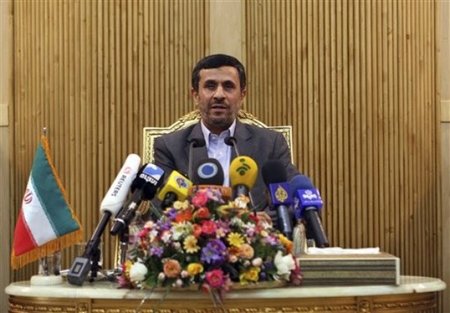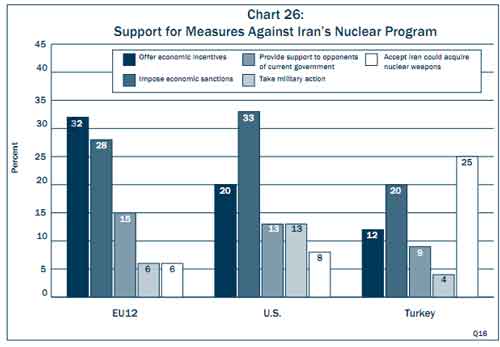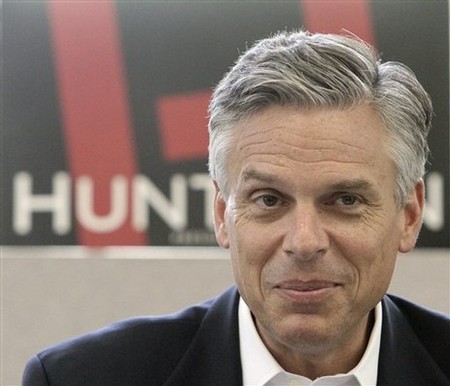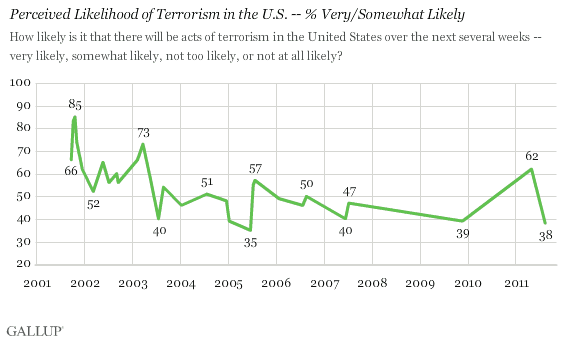Spencer Ackerman isn't happy with the quality of the strategic argument coming from defense hawks:
The defense hawks are making a budgetary argument, not a strategy argument, and hoping no one sees the difference. The defense doves are also making a budgetary argument, not a strategy argument, because they're not typically interested in defense strategy, just currently interested in the first-question argument that everything should be cut.
The strategy argument is this: we want U.S. defense to do _____ and because of that, we need to spend ______. That template is something hawks and doves can agree on, and then we can all argue about the specifics of instantiating it. Historically, hawks are skittish about making this first-principle case, because being blunt about defense strategy often comes across as grandiose overcommitment to the average voter. And it also makes the doves sound less dovish than the caricature would have it.
I'm not sure about this. For instance, here's some congressional testimony from defense hawks Max Boot and Thomas Donnelly. In it, you'll note that they're quite up front with their "grandiose overcommitments." And the opening "fact" presented by a trio of defense-friendly think tanks reads "No other country in the world has the enduring vital national interests of the United States, and therefore the U.S. military has global reach and responsibilities." So, no, the hawks are not skittish at all about making a first-principles case. They positively relish it.
But the other point is that doves are not only up front about their first principles, they're equally grandiose. The dovish argument, if I understand it correctly, is that thanks to globalization and the spread of communication technology, the U.S. is so interconnected with the rest of the world that people, not just states, are just as vital to America's interests. In this view, modern statecraft has to concern itself not just with brigades and carrier battle groups but what people are tweeting and whether they have clean drinking water.
People in the "dovish" camp may, in principle, be willing to pare back some military spending, but they also want to sustain or even increase spending on America's "soft power" arsenal (admittedly less expensive). It also leads them to endorse plenty of wars - Kosovo and Libya, for example - that require a robust hard power arsenal to implement.
So it's very difficult to have any meaningful discussion of what it takes to "defend" the United States within the context of tighter budgets because both parties to the discussion have expansive views of what's required.
(Brian McGrath has a few things to say on the defense budget that are worth reading.)









